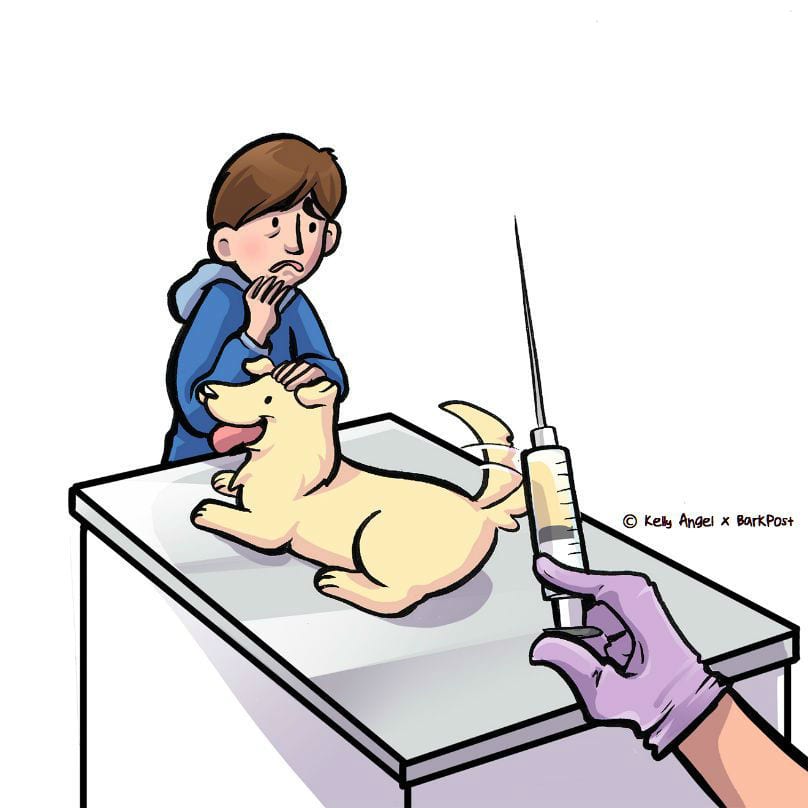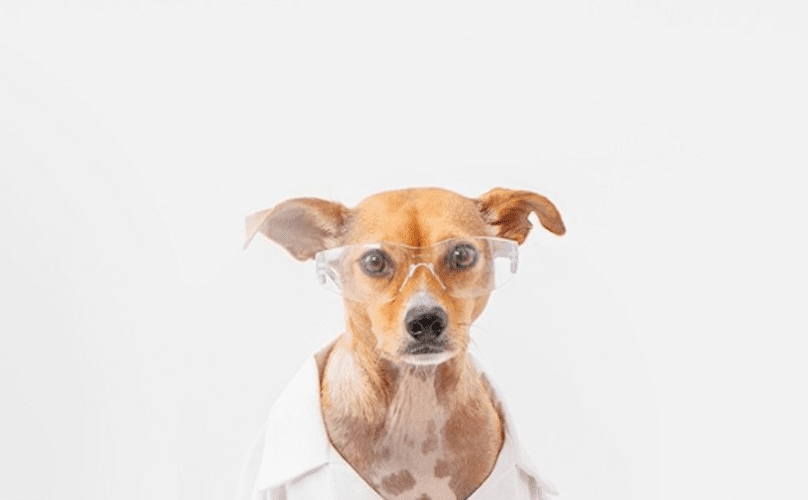Hellarf there, hoomans! On behalf of the pups of the earth, I want to talk to you about your kids. This isn’t a lecture about tail pulling, so relax – no one’s in any trouble. This is about making sure your children get the proper brain stimulation they need to become the best students, citizens and dog BFFs they can be.
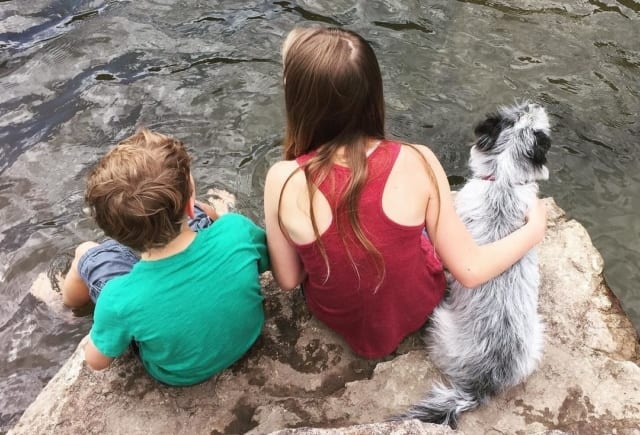

Much like puppies, kids need play time with other children in order to figure out appropriate social behavior. If a puppy is removed from its litter before the age of 7 weeks, it is more likely to fight with other dogs, have issues with discipline, and develop anxiety disorders.
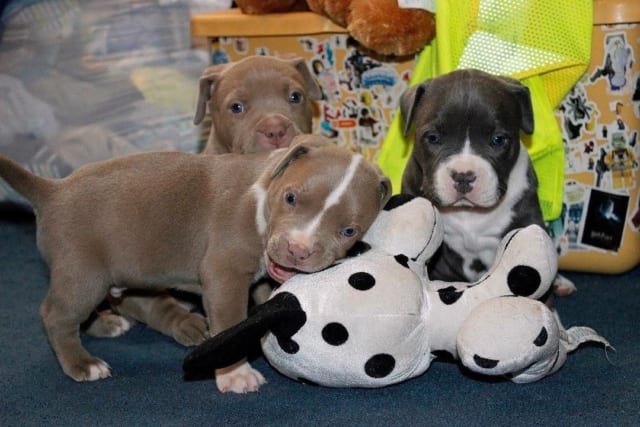

The same is true for the kiddos. No, I’m not saying your son is going to run around biting the neighbors if you don’t take him to the park enough.
[bp_related_article]
However, science shows that children who engage in plenty of “free play” – making up their own rules as they go without the instruction of teachers, parents or coaches – develop healthier planning skills, emotional regulation, and problem-solving abilities. All of which make them better equipped for the trials and tribulations of life. Not to mention better hairless siblings to the dogs of the world.
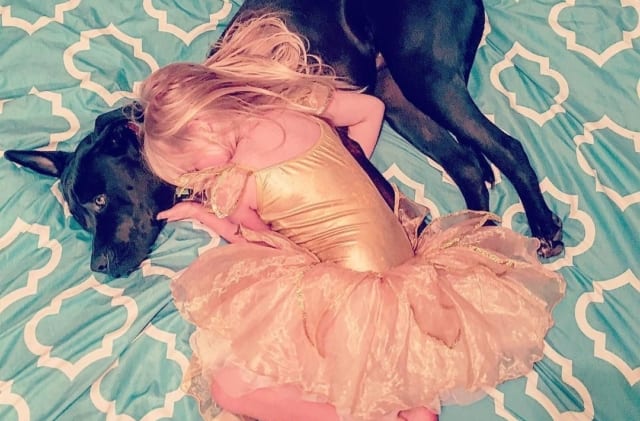

A study conducted by Sergio Pellis of the University of Lethbridge in Alberta, Canada found that free play behavior in children allowed neurons at the front end of the brain to change. Without play, these changes do not occur. Neuronal changes in the prefrontal cortex lead to the development of the brain’s executive control center – which is critical in preparing children for life, love and even schoolwork.
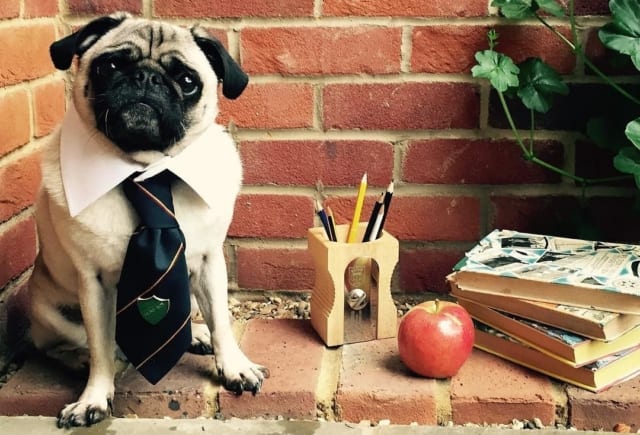

How did scientists learn about the complex processes going on in the brains of children, you ask? By studying animals who also engage in social play behavior like monkeys, birds, rodents, cats and of course, dogs! Up until the early 2000’s researchers believed that the rough and tumble play seen in wolves and dogs was designed to prepare them for future predatory and defensive behavior. In the last decade they have come to think otherwise.
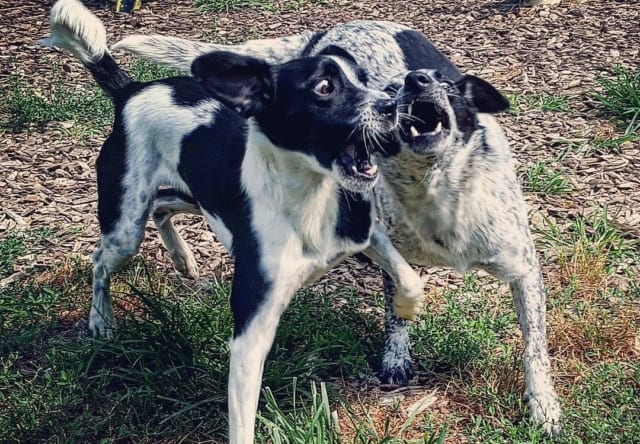

If a wolf is deprived of play behavior as a pup, it will have no problem killing a rabbit as an adult. The raucous play seen among puppies isn’t designed to teach them to hunt. It allows them to recognize social cues and develop their place within the social hierarchy – extremely important skills for any pack animal, including humans.
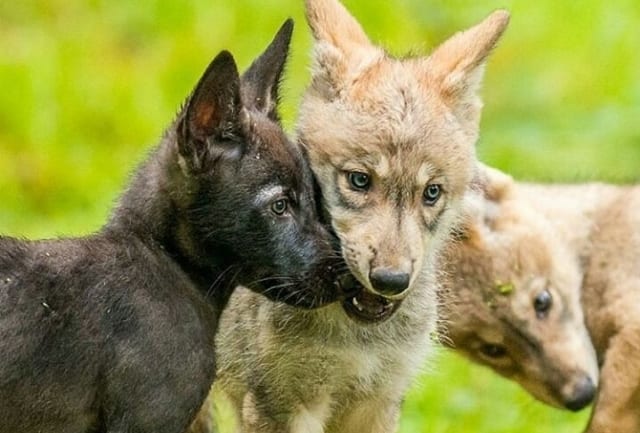

Jaak Panksepp at Washington State University believes the purpose of play in animals and humans is “to build pro-social brains, social brains that know how to interact with others in positive ways.” Panksepp’s research with rats has found that not only do they crave play, the entire neocortex of the brain is activated by it. He told NPR:
We found that of the 1,200 genes that we measured, about one-third of them were significantly changed simply by having a half-hour of play.
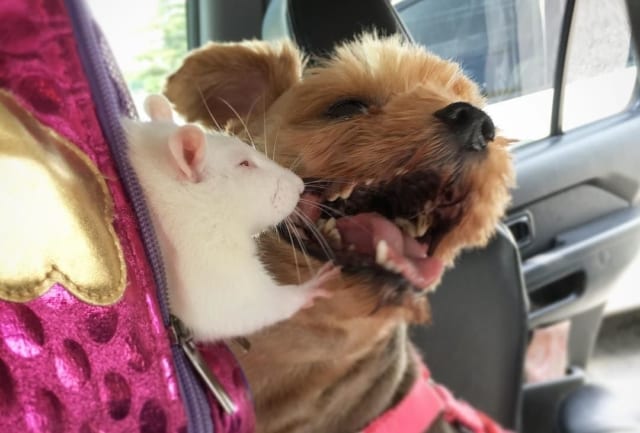

Not that scientists are saying your children’s brains – or your dogs’ for that matter – are the same as the brains of rats. It’s just that play behavior is remarkably similar across species. Monkeys, cats, dogs, rats and humans all follow similar rules during play sessions – do not inflict pain, play fair, and take turns.
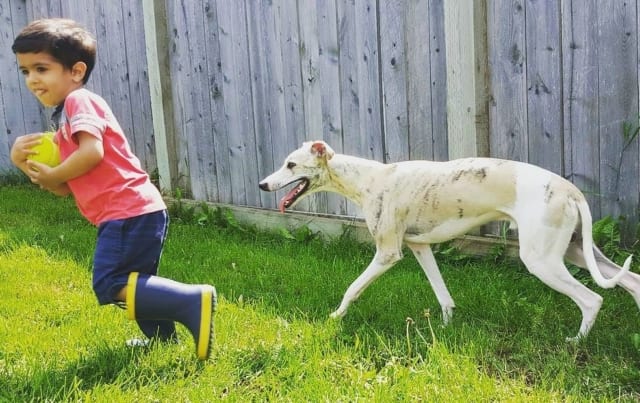

Dogs learn these rules with the help of their littermates and a bit of interference from mom. If a pup chews his sister’s ear a bit too vigorously, she will yelp to tell him to take it easy. If a particularly boisterous puppy plays too rough with a smaller littermate, mom may step in and correct him if things go too far.
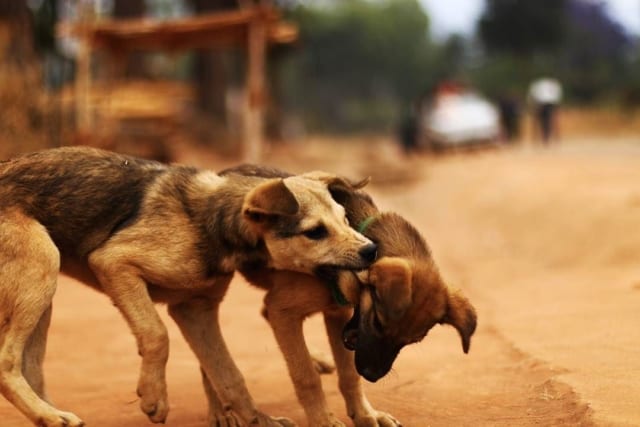

Children learn and practice their social cues during free play with their peers, and there may be an added bonus beyond their social and emotional well being – skills learned during play may lead to better grades.
Countries whose students enjoy more recess time perform better academically according to Pellis. Another study found that the best way to predict eighth grade academic performance is by studying children’s third grade social skills.
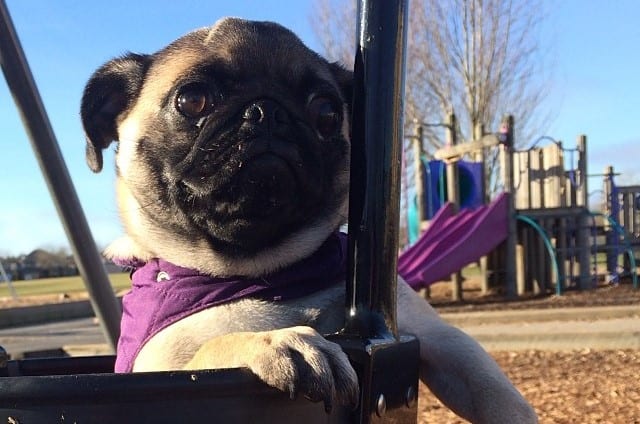

So what conclusions can we draw from all this scientific mumbo jumbo? That’s easy. Lots of playtime during their developmental years leads to happy, healthy kids. And happy, healthy kids make better companions and playmates for dogs. Therefore, play time is a win-win. Romp away, kiddos!
H/T to npr.org
Featured Image via @ADotson12/Instagram



